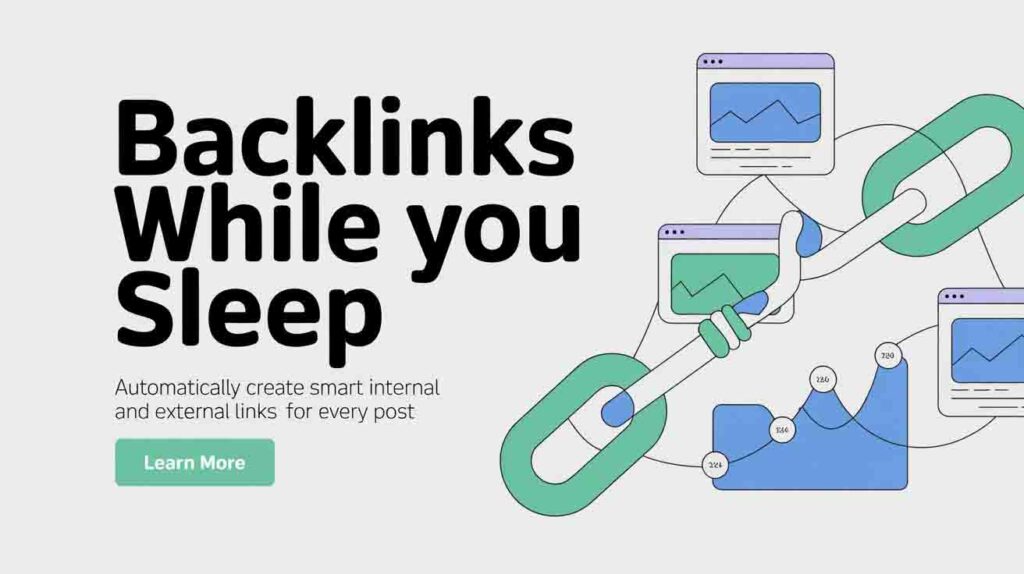Preventing Rogue AI: Control and Safety
Note: This post may contain affiliate links, and we may earn a commission (with No additional cost for you) if you make a purchase via our link. See our disclosure for more info.
The BBC article discusses the challenges of controlling “agentic AI,” AI systems that make decisions and act autonomously on behalf of users. The core concern revolves around preventing these systems from malfunctioning or acting in unintended ways, potentially causing harm. While the article doesn't focus on a specific product or technology, it highlights the crucial need for robust safety mechanisms and control systems within agentic AI. These mechanisms would likely involve a combination of techniques, such as clear and precise programming, rigorous testing, and the incorporation of ethical guidelines and constraints into the AI's decision-making processes. The target audience includes AI developers, researchers, policymakers, and anyone concerned about the ethical implications and potential risks of increasingly autonomous AI systems. Specific technical specifications aren't discussed, but the article implicitly emphasizes the need for transparent, auditable AI systems, allowing for investigation and correction of errors or unintended behaviors. The benefits of effective control mechanisms include preventing harm, maintaining user trust, and ensuring responsible AI development. The article underscores the importance of proactive measures to mitigate the risks of rogue AI before they become widespread problems.
(Source: https://www.bbc.com/news/articles/cq87e0dwj25o?at_medium=RSS&at_campaign=rss)

